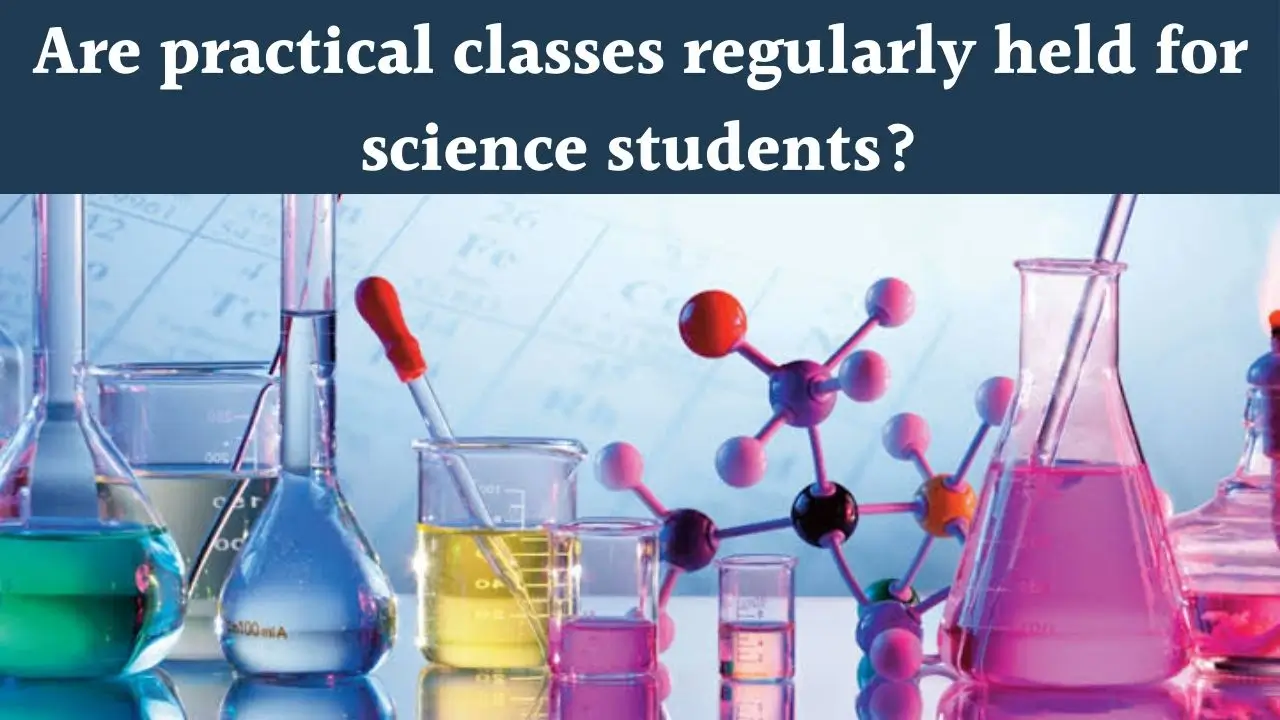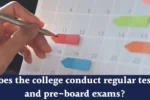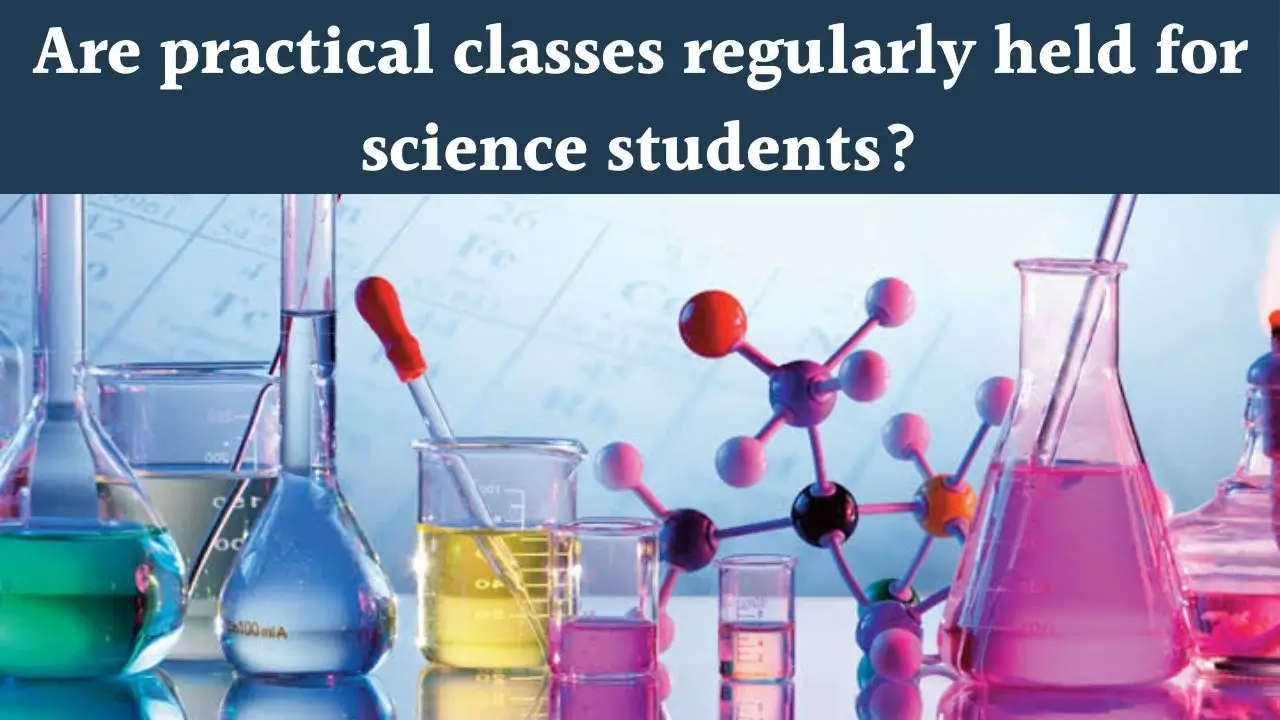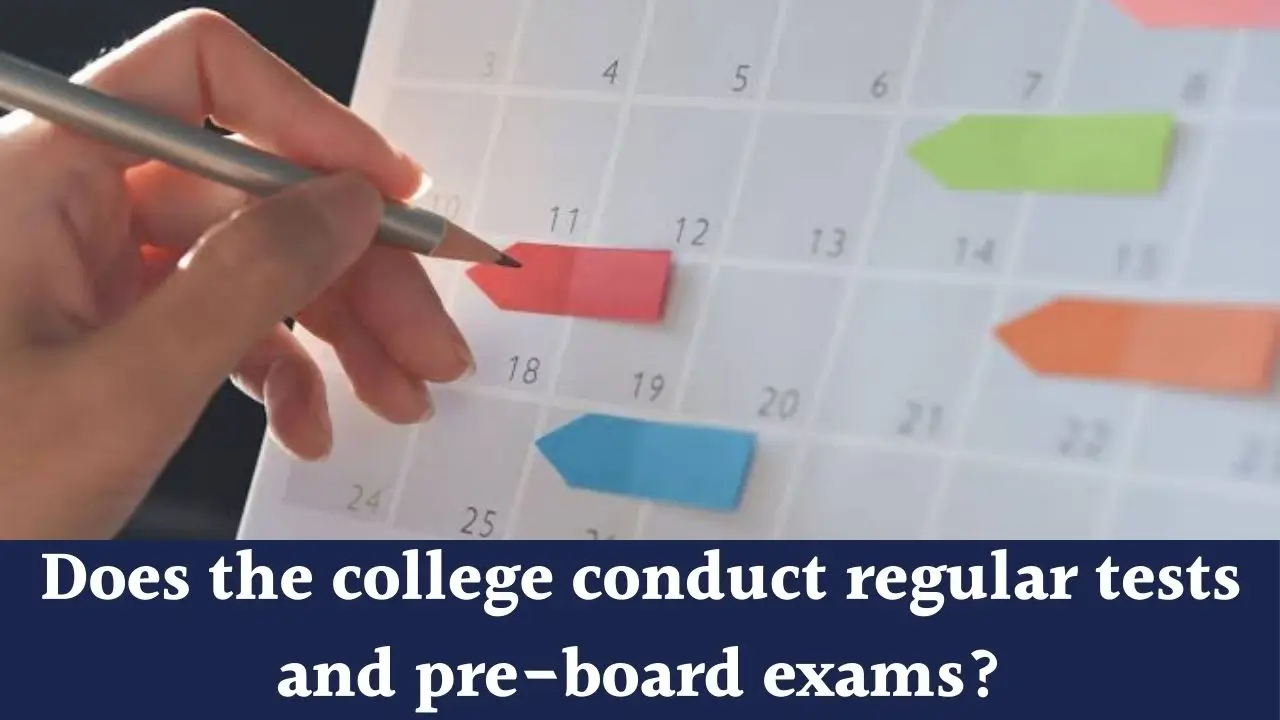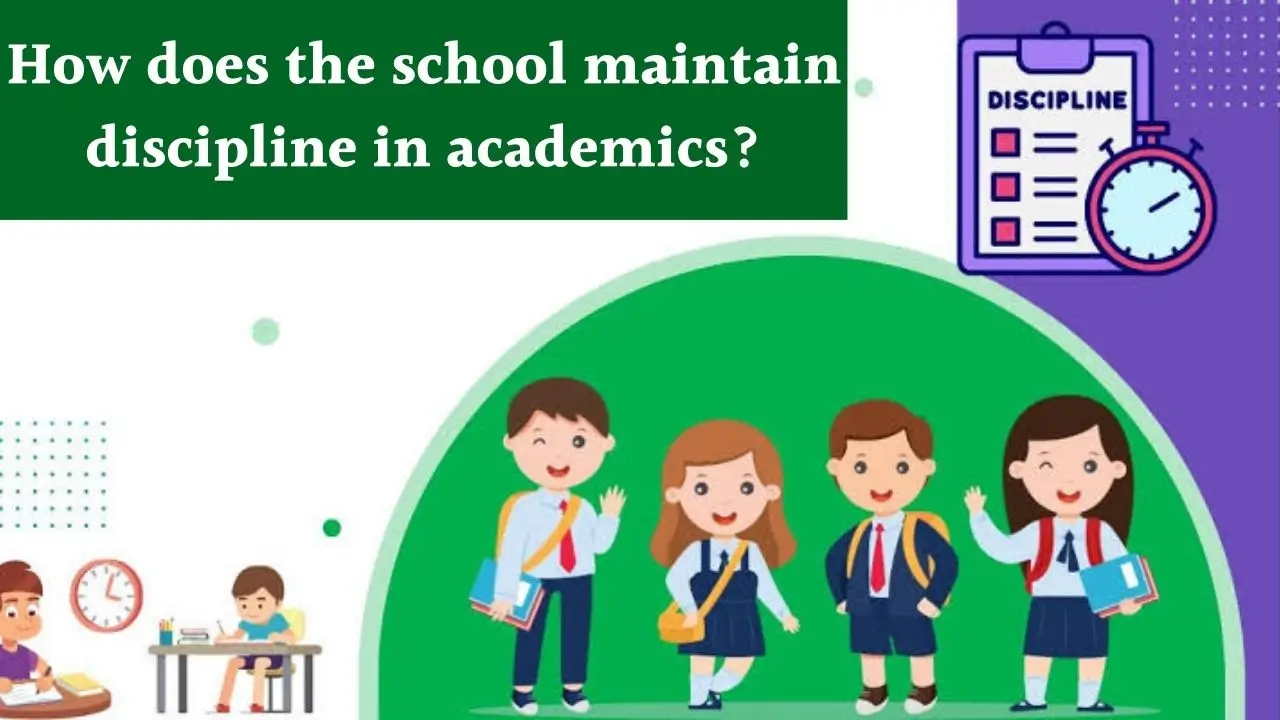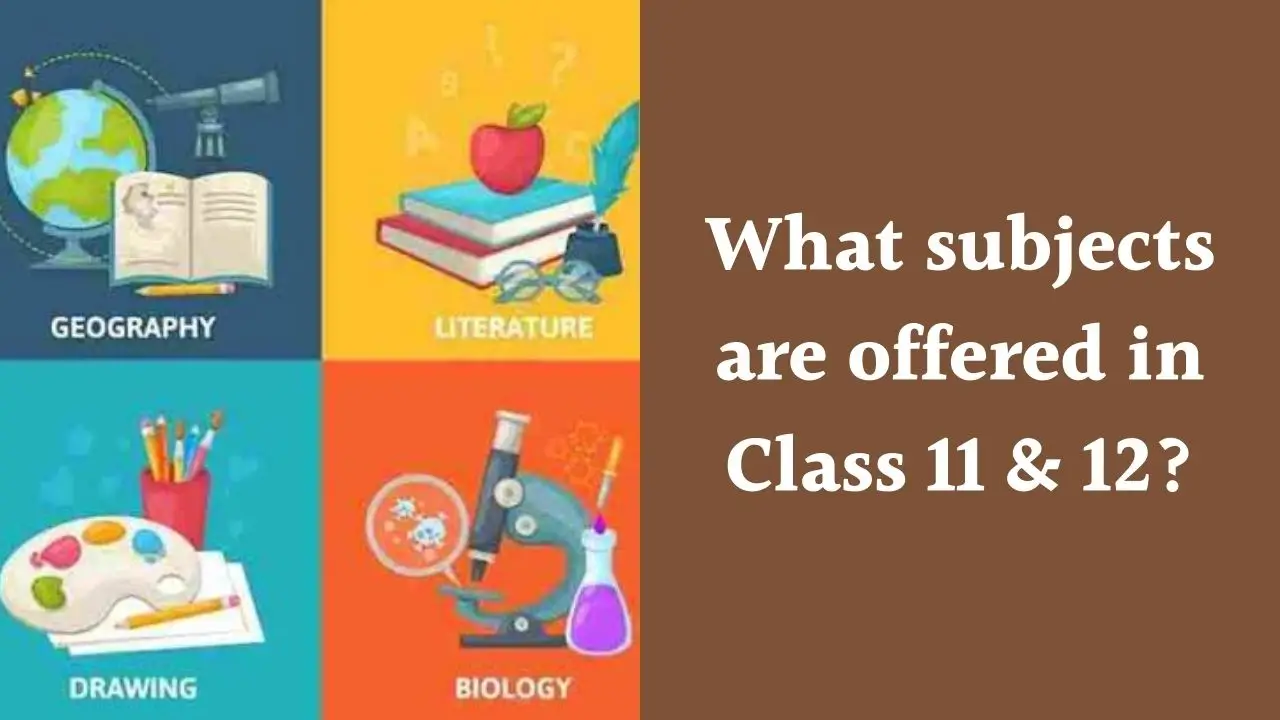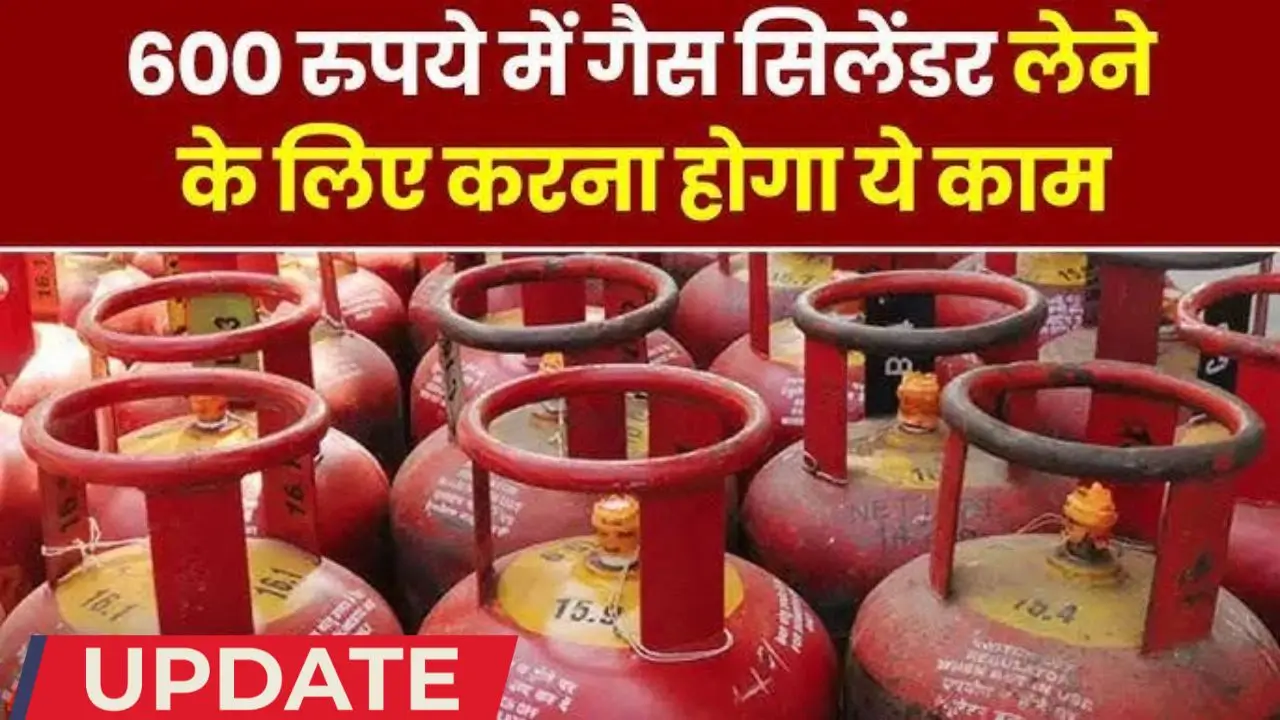Science education relies not only on theoretical knowledge but also on hands-on experiments that build understanding and problem-solving skills. At the Madan Mohan Malviya Inter College, which is one of the reputed institutions for higher secondary education in Uttar Pradesh, the question of whether practical classes for science students are regularly conducted remains an important concern among parents, students, and education authorities.
This article examines the status, importance, challenges, and latest updates regarding the functioning of science practical classes in Madan Mohan Malviya Inter College.
Importance of Practical Classes in Science
Science is incomplete without experimentation. Mere memorization of theories cannot give students clarity unless they experience concepts in laboratories.
Key Reasons Why Practical Classes Are Important:
- They help students apply theoretical concepts to real-life situations.
- Experiments enhance critical thinking and logical analysis.
- Practical classes prepare students for higher education and competitive exams.
- They develop accuracy, observation, and scientific temper in students.
- Laboratory training builds teamwork and problem-solving skills.
At the intermediate level, subjects like Physics, Chemistry, and Biology include experiments that are crucial for board examinations as well as career pathways in engineering, medicine, and research.
Present Status at Madan Mohan Malviya Inter College
The college has well-structured laboratories for Physics, Chemistry, and Biology. However, questions have often been raised about the frequency and regularity of practical classes.
Observed Situation:
- Physics Laboratory: Students report that practical sessions are conducted, but not as frequently as the syllabus demands. In many cases, practical demonstrations replace individual student experiments.
- Chemistry Laboratory: Due to the need for chemicals, glassware, and safety measures, the frequency of practical classes depends on availability. Sometimes, group demonstrations are used instead of giving hands-on practice to each student.
- Biology Laboratory: Here, practicals are relatively more regular since biological specimens and slides are accessible, but time limitations often result in fewer classes than ideal.
Challenges Faced in Regular Practical Classes
Despite the importance of practical sessions, several factors affect their regularity:
Key Challenges:
- Resource Constraints: Laboratories require regular supplies of chemicals, specimens, and equipment, which are sometimes delayed.
- Overloaded Curriculum: Teachers often prioritize completing theoretical portions before focusing on practicals.
- Time Management Issues: With limited scheduling, practical classes sometimes get compromised.
- Large Student Batches: A large number of students makes it difficult for every individual to engage actively in experiments.
- Examination Pressure: Boards emphasize both theory and practical exams, yet preparation sometimes tilts towards theory due to perceived importance.
Latest Updates Regarding Practical Classes
The management and faculty of Madan Mohan Malviya Inter College have recognized these issues and taken steps towards improvement in recent academic sessions.
Recent Developments:
- Introduction of rotational batches to ensure every student gets individual lab time.
- Increased supply of laboratory equipment through state-level education grants.
- Encouragement of internal assessments that include practical performance.
- Use of digital simulations and e-labs during periods when physical resources are less available.
- Faculty training programs to improve laboratory teaching methodologies.
Practical Classes Status Overview
| Subject | Frequency of Classes | Recent Improvements | Challenges Remaining |
|---|---|---|---|
| Physics | Moderate, mostly demonstrations | Rotational batches introduced | Limited individual access |
| Chemistry | Irregular, depends on resources | Increased supply of chemicals | Handling large student groups |
| Biology | Relatively regular | Additional specimens provided | Time management issues |
Steps Taken by the College to Improve
Madan Mohan Malviya Inter College has initiated reforms to strengthen laboratory culture.
Measures Implemented:
- Mandatory Weekly Practical Slots inserted into the timetable.
- Student record maintenance through lab notebooks which are regularly checked.
- Laboratory assistants appointed to manage materials and equipment.
- Interactive teaching methods where students present their observations during class discussions.
- Collaboration with education authorities for timely provision of lab resources.
Student Feedback and Experience
Many students admit that while practical classes are conducted, they often wish for more regular scheduling and greater hands-on participation. Feedback suggests that experiments bring enthusiasm to the learning process, but lack of sufficient practice can reduce confidence before final exams.
Student Suggestions:
- Increase the number of practical classes per week.
- Reduce dependency on demonstrations and enhance personal involvement.
- Provide ample chemicals and specimens for repeated practice.
- Balance between theoretical and practical teaching.
Future Prospects
Moving ahead, the college administration is planning to:
- Expand laboratory infrastructure to accommodate more students at once.
- Offer summer science workshops to provide additional exposure.
- Collaborate with local universities to allow students access to advanced equipment.
- Integrate digital practical simulations along with physical experiments to maximize learning.
Conclusion
Practical classes at Madan Mohan Malviya Inter College for science students are conducted but not always as regularly as expected. The college has recognized the challenges and taken several recent steps to improve laboratory participation, including rotation-based labs, increased supplies, and student assessments based on practicals. However, issues like high student numbers, resource management, and time limitations still remain.
For science education to be truly effective, a balance between theoretical depth and experimental practice is essential. With continued efforts, the college is on the path toward ensuring that its science students receive the hands-on education necessary for future academic and professional success.
